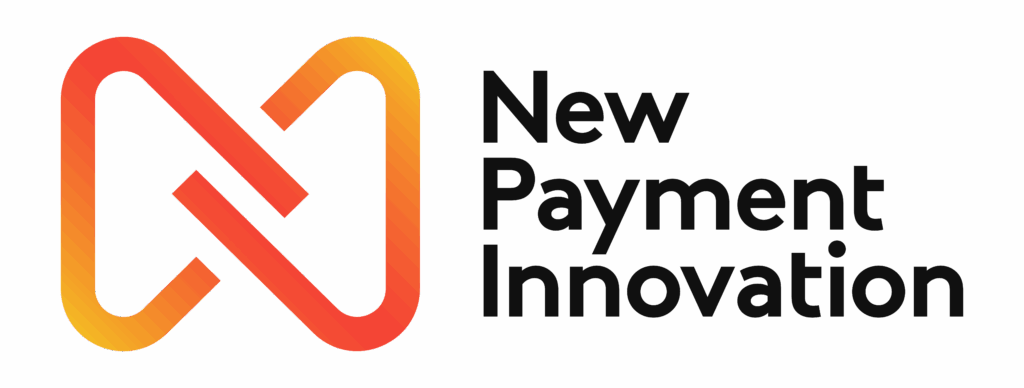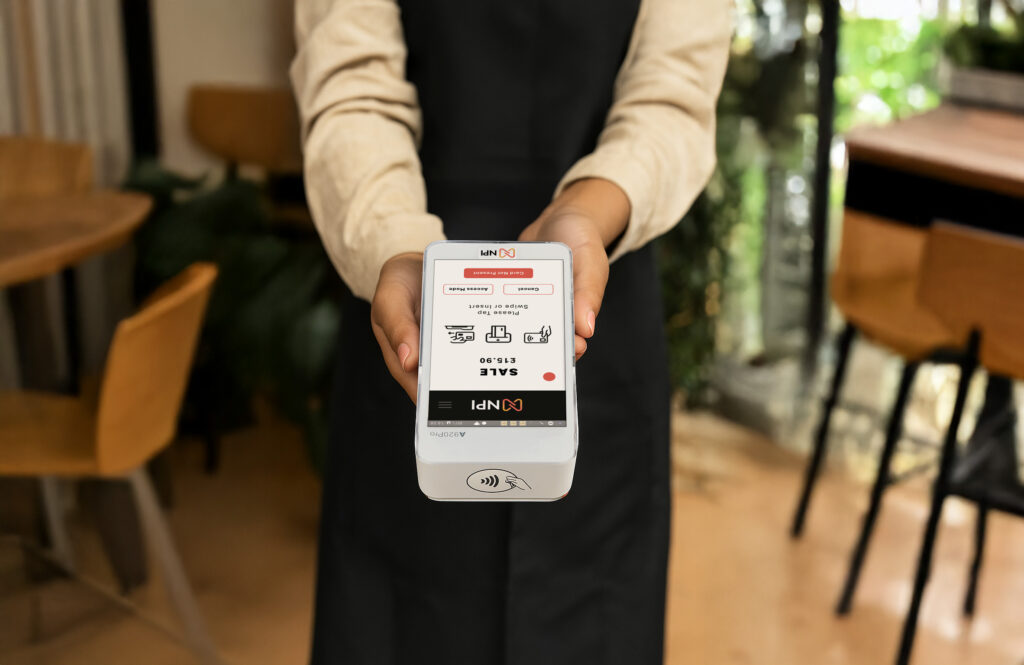Finding the right card machine can save your business serious money. Many UK business owners pay far more than necessary because they don’t understand how fees work or haven’t looked at all their options. This guide helps you find the lowest fees and keep more of your hard-earned money.
Understanding Card Machine Costs
What You’re Actually Paying For
Card machine fees aren’t as simple as they first appear. Here’s what makes up your costs:
Interchange fees: These go to the banks that issue cards. They’re usually the biggest part of your costs.
Scheme fees: These go to Visa and Mastercard for using their networks.
Processor margins: This is what your payment provider charges. This is where you can negotiate and save money.
Your total costs typically range from 1.4% to 3.5% per transaction, depending on the type of card and how you process it. You’ll also have fixed monthly costs like terminal rental, compliance fees, and support charges.
Watch out for hidden costs including setup fees, cancellation charges, and minimum monthly processing requirements.
Different Ways Providers Charge You
Interchange Plus pricing is the most transparent option. You pay the actual interchange rate plus a fixed margin. This makes it easier to compare different providers and spot good deals.
Blended rates combine all costs into one percentage. Whilst this seems simpler, it often hides higher margins that cost you more.
Tiered pricing splits transactions into categories with different rates. It sounds straightforward but rarely gives you the best value.
Finding the Cheapest Providers
Where to Look for Better Deals
Independent payment processors often charge much less than big banks. Smaller, specialised companies focusing on cost-effective processing frequently offer better rates than well-known brands.
Regional providers sometimes offer excellent deals for local businesses. Payment specialists can negotiate on your behalf with multiple providers, potentially getting you access to wholesale rates that aren’t available to individual businesses.
Explore our payment processing solutions to compare different provider options suited to your business size and needs.
What to Check When Comparing
Look for clear breakdowns of all costs. The best providers show you exactly what you’re paying for interchange, processor margins, and extras.
Check contract flexibility. Month-to-month agreements give you more freedom to negotiate than long-term contracts.
Balance cost against service quality. The cheapest option isn’t always best if poor support affects your business or customers.
Warning Signs to Avoid
Be cautious of extremely low advertised rates. They often hide expensive extras or only apply to certain transaction types.
Watch out for long contracts with hefty cancellation fees. These can trap you with poor service.
Avoid providers with complicated fee schedules full of additional charges. Simple, clear pricing usually means better value.
How to Negotiate Better Rates
Getting Ready to Negotiate
Know your numbers. Calculate your monthly transaction values, average sale amounts, and total transaction counts. This information gives you negotiating power.
Analyse your current fees to identify where providers can improve their offer.
Negotiation Tactics That Work
Offer volume commitments for lower rates. Providers like guaranteed business.
Consider multi-year agreements if they include rate protection and reasonable exit terms.
Look at the complete package. Sometimes equipment rental reductions or free setup can save money even if processing rates stay the same.
When to Negotiate
Contract renewal time is perfect for requesting better rates. Providers want to keep you, so use this leverage.
After business growth milestones, ask for better terms based on your increased volumes.
Watch the market for new provider promotions. End of financial quarters often brings more flexible negotiating terms.
Reducing Your Costs
Understanding How Card Types Affect Fees
Different cards cost different amounts to process. Debit cards usually have the lowest fees, whilst corporate and premium cards cost more.
Contactless payments often qualify for lower rates than chip and PIN.
Using Address Verification Service can qualify transactions for lower rates.
For business customers, Level 2 and Level 3 processing provides savings on larger transactions.
Managing Monthly Costs
Review your statements regularly to spot unnecessary services. Some businesses pay for features they never use.
PCI compliance costs can often be reduced by paying annually rather than monthly.
If you use multiple payment systems, consolidating them can cut fixed costs.
Renegotiate annually to benefit from market improvements and competitive pressure.
Smart Processing Strategies
Batch your transactions efficiently to improve settlement times and potentially reduce fees.
Gently encourage customers towards lower-cost payment options without compromising their experience.
For larger purchases, consider offering small cash discounts to reduce processing costs.
Equipment Costs
Buying Versus Renting
Buying equipment usually costs less over time if you’re an established business with stable needs.
Renting offers flexibility and included maintenance but costs more long-term.
Lease-to-own options provide a middle ground between flexibility and ownership.
Cheapest Equipment Options
Basic countertop terminals provide essential functions at the lowest cost.
Portable devices cost more upfront but can increase sales by offering payment flexibility.
Integrated EPOS systems have higher initial costs but might reduce overall business expenses.
Refurbished equipment offers good savings whilst still providing full functionality and warranties.
Hidden Equipment Costs
Watch out for replacement costs if equipment gets damaged or stolen.
Check if software updates cost extra for older models.
Factor in ongoing costs for paper rolls, cleaning supplies, and replacement parts.
Understand insurance requirements and early termination charges.
Comparing Fee Structures
Interchange Plus or Blended?
Interchange Plus typically offers the lowest costs if you understand the structure. You can track costs accurately and compare providers easily.
Blended pricing simplifies accounting but often includes higher margins.
Monthly or Pay-As-You-Go?
Monthly subscriptions usually provide lower rates for consistent volumes.
Pay-as-you-go suits seasonal businesses or those with unpredictable patterns.
Watch for minimum processing requirements that might increase costs for quieter months.
Contract Length Matters
Month-to-month agreements offer flexibility but usually cost more.
Annual contracts balance savings with reasonable commitment.
Multi-year agreements offer the best rates but need careful consideration. Make sure they include rate protection and performance guarantees.
Industry-Specific Considerations
Retail Businesses
High-volume retail benefits most from interchange plus pricing and volume negotiations.
Seasonal businesses need flexible agreements that accommodate changing volumes.
Multi-location retailers can negotiate better rates through combined volumes.
Restaurants and Hospitality
Tip processing capabilities affect total costs. Integrated tip handling usually offers better value.
Table-side payment devices cost more but can increase tips and customer satisfaction.
Make sure split billing works efficiently for group dining.
Professional Services
Larger transaction values make percentage-based fees more suitable than fixed charges.
Irregular payment patterns might suit flexible month-to-month arrangements despite higher rates.
Consider specialized processing for invoicing and card-not-present transactions.
Calculating Your Savings
Analysing Current Costs
Review your monthly statements to identify all fee categories.
Break down transaction types to spot optimization opportunities.
Don’t forget hidden fees like compliance charges, statement fees, and minimums.
Project annual costs to create a baseline for measuring savings.
Working Out Potential Savings
Use spreadsheets to model costs with different providers using your actual data.
Calculate break-even points to see how long savings take to offset switching costs.
Use conservative estimates (around 90% of projected savings) for realistic expectations.
Include implementation costs like equipment changes and staff training.
Common Mistakes to Avoid
Don’t Focus Only on Advertised Rates
Headline rates rarely show the full picture. Many transactions won’t qualify for the lowest advertised rates.
Promotional rates often revert to higher standard rates after initial periods.
Volume requirements for special rates might not match your actual business patterns.
Check Contract Terms Carefully
Early termination fees can trap you with poor providers.
Rate increase clauses let providers raise fees during your contract.
Equipment obligations continue even if you’re unhappy with service.
Auto-renewal provisions extend contracts automatically unless you cancel with proper notice.
Don’t Sacrifice Service for Savings
Technical support availability matters when payment systems fail.
Settlement speed affects cash flow. Next-day funding costs more but improves working capital.
Dispute resolution quality varies between providers and affects chargeback outcomes.
Account management often decreases with the cheapest providers.
Advanced Savings Strategies
Using Multiple Providers
Some businesses route different transaction types to different processors for optimal costs.
Having backup processing ensures continuity whilst potentially reducing costs through competition.
Different providers might be better for online versus in-person processing.
Technology Integration Benefits
Accounting software integration reduces administrative costs and improves accuracy.
Inventory management connections provide operational benefits beyond processing savings.
Customer data integration enables loyalty programmes that increase long-term value.
Group Purchasing
Business networks and industry associations sometimes offer preferential rates through collective bargaining.
Franchise systems often negotiate better rates for all locations through combined volumes.
Some sectors have buying groups specifically for payment processing.
Keeping Costs Low Long-Term
Regular Reviews
Analyse statements monthly to identify trends and opportunities.
Monitor market rates to know when to renegotiate or switch.
Track actual savings against projections.
Stay aware of competitive offerings as market conditions change.
Relationship Management
Good account manager relationships can provide advance notice of rate increases.
Share your usage patterns to help providers optimise your setup.
Communicate growth projections so providers can offer better terms in anticipation.
Provide feedback about service quality to potentially improve terms.
Staying Current
Equipment upgrades can reduce costs through better processing capabilities.
Software updates sometimes provide features that optimise costs.
Stay aware of industry trends and new technologies that could reduce costs.
The Financial Conduct Authority website (www.fca.org.uk) provides guidance on payment services regulations and consumer rights affecting card processing.
Future Considerations
Emerging Technologies
Contactless payment continues growing and often qualifies for lower rates.
Mobile payment integration can reduce costs whilst improving customer experience.
Open banking may provide alternative payment methods with lower costs.
Regulatory Changes
Interchange fee regulations in the UK affect maximum charges providers can pass through.
Competition authority reviews may lead to further cost reductions.
Brexit continues affecting cross-border payment costs.
Consumer protection enhancements may influence fee structures.
Market Trends
New competitors continue driving down rates across the industry.
Technology companies provide innovative cost-saving opportunities.
Industry consolidation may reduce competition in some areas whilst creating opportunities in others.
Getting Started
Before You Switch
Review your current contract for notice periods and termination requirements.
Establish your cost baseline for clear comparison.
Assess your business requirements to ensure new providers can meet all needs.
Identify potential risks and plan mitigation strategies.
Choosing a Provider
Get quotes from at least three providers for competitive pricing.
Check references with similar businesses to verify service quality.
Negotiate rates, terms, and service commitments.
Test with small transaction volumes before full implementation.
Managing the Transition
Train staff on new equipment and procedures.
Communicate payment changes to customers.
Monitor closely during transition to identify and resolve issues quickly.
Measure performance to ensure savings materialise as expected.
Professional Help
New Payment Innovation specialises in helping UK businesses find the lowest card machine fees through comprehensive provider comparison and expert negotiation support. Our team provides unbiased analysis and ongoing optimisation.
For personalised consultation on reducing your card processing costs:
- Visit: www.npi.uk
- Call: +44 23 8001 9998
Summary
Finding the lowest card machine fees requires understanding fee structures, comparing providers thoroughly, and negotiating based on your business needs. The cheapest option isn’t always obvious—you need to analyse total costs, contract terms, and service quality.
Many businesses can realistically achieve 40% cost reductions by switching from above-market rates. Success comes from treating payment processing as a strategic decision, investing time in optimisation, and maintaining ongoing oversight.
The payment processing market continues evolving with new technologies and competitors. Stay informed, review arrangements regularly, and negotiate or switch when better opportunities arise. Your bottom line will benefit from the effort invested in optimising these essential business costs.







